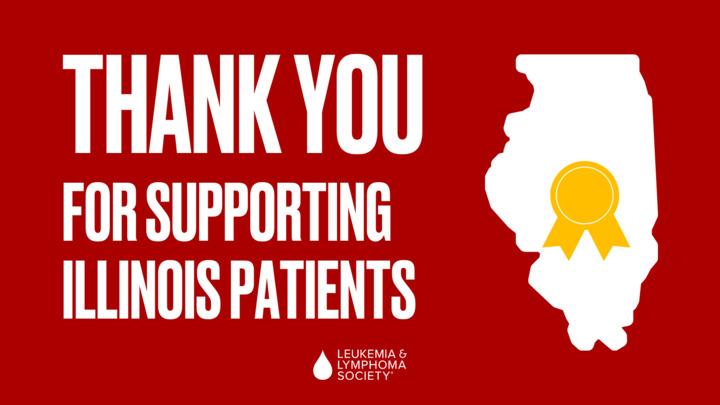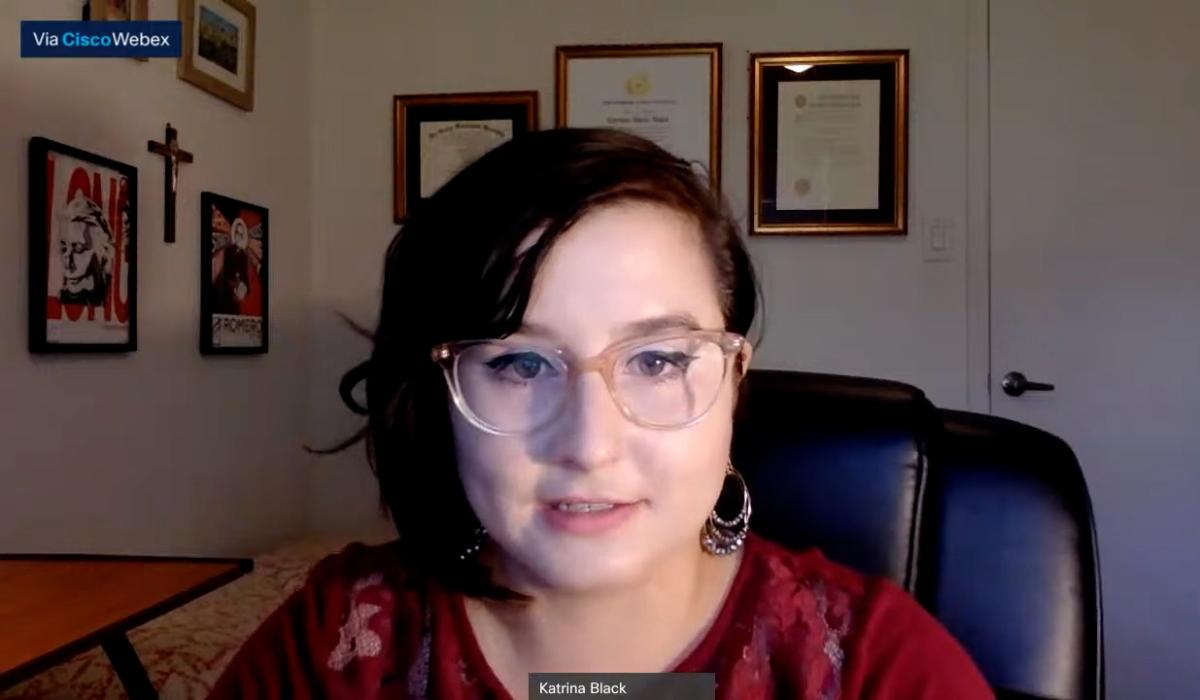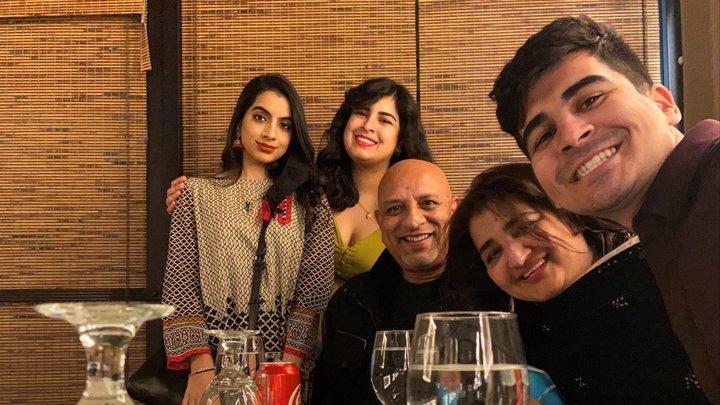Meetings with lawmakers, testimonies at state legislatures, and events with passionate volunteers are all staples of advocacy. Historically, those are some of the ways we accomplish that work. But COVID-19 prompted us to rethink the way our staff and volunteers share their message with lawmakers.
LLS and its Office of Public Policy work in Washington, D.C. and state capitals across the country to advance laws and regulations that break down barriers to cancer care. While COVID-19 has changed the way we advocate, it hasn’t changed our commitment to blood cancer patients at all. And in the face of COVID-19, we successfully deployed creative new virtual advocacy techniques to help make progress for patients.

Making Illinoisans’ voices heard safely
Nobody should have to choose between paying for their cancer medications and paying for other necessities like housing or food. Unfortunately, many patients are forced to abandon their treatment because they face this reality every day.
The amount a patient pays for their oral cancer drugs is based largely on two factors: the price of the medicine, and the amount a patient's insurance covers. LLS is working on both fronts to address the cost of cancer care.
Thanks to virtual advocacy efforts organized by LLS’s Office of Public Policy, Illinois patients will soon be able to choose a health plan with affordable, predictable out-of-pocket costs at the pharmacy counter.
Newly passed Illinois legislation will require health insurers to offer plans that provide lower, more predictable out-of-pocket drug costs and meet the unique needs of cancer patients.
To make it a "must-pass" priority for state lawmakers, the LLS team needed to mobilize patient voices – and lots of them. Without the option of in-person efforts due to the pandemic, LLS advocacy staff and volunteers partnered with other nonprofits to host three virtual town halls across the state where Illinoisans shared their stories. LLS advocacy volunteers Kate Arnold, Tracy Trovato, and Alison and Kendall Sierens spoke with lawmakers about the importance of affordable prescription medications to their (or their loved ones’) ability to overcome blood cancer. They urged lawmakers to ensure all Illinoisans have access to the medications they need to get and stay healthy.
Due to their efforts, patients soon will have access to more affordable treatment in Illinois—and hopefully, in other states, soon, too as LLS continues to advocate for blood cancer patients across the country to have access to affordable drug co-pays.

Keeping “junk” insurance away from Kansas
LLS and its partners in Kansas recently defeated legislation that would have exposed even more consumers to “junk” insurance plans which fail to provide adequate coverage for cancer patients, often leaving them with staggering medical bills.
This year, the Kansas legislature passed a bill that would allow companies to enroll more people in short-term health plans, a dangerous form of "junk" insurance. Short-term plans don’t have to follow many of the rules and regulations designed to protect patients. For example, they aren't required to cover medicine or hospitalization, and they can deny coverage — in some cases, retroactively — to people who've been diagnosed with cancer.
When LLS realized the bill would likely pass, we worked diligently with partners to ensure it would be vetoed by the governor — and wouldn't get enough "yes" votes from legislators to override that veto. Because of the pandemic and the use of video hearings, LLS was able to bring Texas resident Katrina Black "virtually" to Kansas to testify. She explained how a short-term plan left her with exorbitant medical bills – and warned that more Kansas consumers could face a similar fate if the legislation passed. We also worked with other nonprofits to host a webinar that taught lawmakers how to speak out against these plans.
Ultimately, the bill passed, but with a margin so close that Kansas Gov. Laura Kelly’s veto would prevail.

Racial equity for transplant patients in Texas
Online testimony wasn’t allowed in the Texas legislature this spring, but that didn’t stop LLS from virtual advocacy. For example, LLS staff held a webinar to educate volunteers and interested lawmakers about inequity among patients in need of a bone marrow transplant.
Most transplants require a donor who is a “match,” or someone whose human leukocyte antigen (HLA) is close enough to that of a patient. Typically, matches are found through a national registry. But since the universe of registry enrollees isn’t as diverse as they could be, patients from racial and ethnic minorities have a much lower chance of finding a match compared to white patients.
Yusuf Khan, a pre-med student at the University of Houston and his mother Nadia Shaik know firsthand about this inequity. After being diagnosed with leukemia in 2017, Nadia—who is Pakistani—couldn’t find a match through the registry. Yusuf was a partial match, so she was able to get the life-saving procedure, but it didn’t come without complications. Since her son was only a 50 percent match, Nadia experienced several setbacks to her recovery.
Motivated by his mother’s experience, Yusuf contacted Dr. Tom Oliverson, his Texas state representative in Houston, for help. LLS joined Yusuf and Nadia to garner support for a bill Oliverson wrote that would create a bone marrow recruitment program and public information campaign to increase the number of registered donors, and in particular, registrants of color.
The legislation passed without a single “nay” vote.
If you’re inspired by these stories—or want to share your own—reach out. You can sign up to be an LLS advocate today here or by texting SPEAK to 73727.



